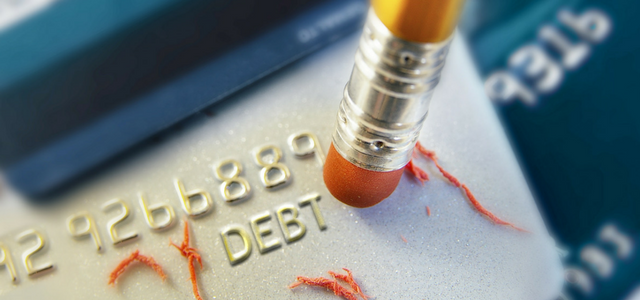Don’t fool yourself; a personal credit card equals DEBT. When you use a credit card, it feels so easy and it’s so much fun until you get hit by a confused reality – your debt spiralling out of control.
You need to ask yourself an important question: Why do you actually want to use a credit card? A few swipes of this underestimated weapon can leave you confused about how you’ve managed to get your finances stuck in the red. And why you have even considered using it in the first place. If you currently own a credit card and have answered the question of why you need one, there are a few dos and don’ts that will help you to manage your ‘swipes’ and limit the amount of debt that you accumulate.
Dos
- Proper financial planning is everything and is, therefore, an essential and strategic process that will guide you along the way. If you use your credit card, do proper planning beforehand, to know exactly what the minimum payment is that you need to pay back.
- Use your credit card responsibly by keeping up with your payments. This will improve and help your credit score. One missed payment can have a negative impact on your credit score.
- If you want to use your credit card for the loyalty benefits, use it as a debit card. Do not allow it to fall into credit, but maintain a positive balance. You’ll even earn some interest on a positive balance.
- Try to pay more than your minimum payment each month, to ensure you don’t only cover the ‘rent’ of what you owe. This will help to create a good credit rating.
- If the credit agreement is not disclosed, ask for it and make sure that you understand it. For example: What is your minimum payment? What interest rate will be applicable and what are the other fees and charges? You need to know all the pros and cons.
- Save your credit card for emergency situations. Many consumers do not have the excess cash flow to build a proper emergency fund. A credit card can be handy in situations like these. Stay away from consumerist spending on your credit card.
Don’ts
- Don’t just swipe your card left, right and centre. It is way too easy and can cause major confusion on what is happening to your credit score. Relying too much on your credit card shows a lack of financial planning and can negatively impact your ability to access other credit such as home loans or vehicle financing.
- Although a credit card gets you excited because of the loyalty rewards/points that come your way, compare it to your financial stability. Is the cost (done by unnecessary and excessive spending) really worth flushing your finances down the drain? A good and healthy bank account means more than how much loyalty rewards you accumulate. It is nothing else than an incentive scheme from the banks to get you to spend more on your credit card so they can earn interest on your debt.
- Don’t miss or skip a payment – there are extra fees involved, and your credit score can take a knock.
- Do not exceed your credit limit/max it out, as you’ll need to pay a penalty fee. Once a credit card is maxed out, it is very difficult to get the balance down. It will take months’ effort to get your credit card balance down to zero.
- Don’t use your credit card when you want to withdraw cash from an ATM, use your debit card instead.
Remember, a credit card is an ‘expensive’ debt. And if you neglect proper and proactive financial planning that goes hand in hand with it, it can cause major confusion. Overwhelmed with all the ‘how’ and ‘why’ questions in your head. One final tip when it comes to using your credit card(s): Get ‘involved’ with your finances and know what is going on, all the time, as confusion tends to creep in when your financial situation is out of reach and when you least expect it.

